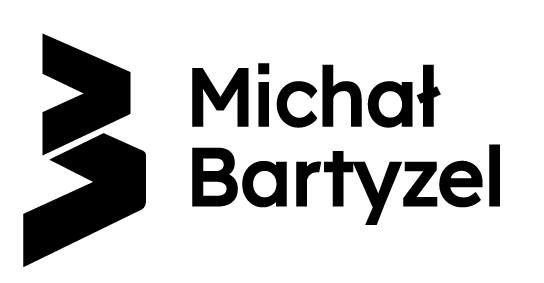Great 4Developers Conference is waiting for great submissions. I strongly encourage you to be a part of the Soft Skills and Business Relations track. In most cases it is easier to change your framework than your colleagues and this is why you must consider this track as a speaker or an attendee as well.
Please consider following suggestions to improve your submission. These are taken from Agile Alliance review process which really impressed me last year.
- Have a good title. This is your first opportunity to make a good impression. If it grabs the reviewer, it will likely grab the attendees.
- Have a well thought out introductory paragraph that tells attendees why they should come to your session over others. Consider having a short call to action in this section and a problem statement.
- The process and mechanics should tell the review team, as well as the attendees, how you plan on spending your time. Can it change? Sure it can. Should it at least be complete? You bet. This section should include the timings of your session and how you will use the time. Don’t skimp on this part; it should be the meat of what it is you want to do. Additional items you may want to inlcude in this section are:
Audience. Understanding who your primary audience is, and communicating it, is key to a good submission. People need to understand why they should come to your session and why it adds value. Sure, you are listing if it is introductory or expert as a checkbox, but I look for additional details here, like, "this session is targeted at senior managers inside the company who want to introduce XP and Scrum but are not sure how to get started."
Presentation Format. Yes, there is a dropdown that allows you to check lecture or workshop, but you should still consider weaving a description of your format into this section of the submission. For example, a piece of text from a tutorial session that was accepted says "I’ll start with an introduction and purpose of the game, then explain the rules and show an example of how to play. They’ll have one hour to complete the game." This tells me a lot and I can see how the game will roughly play out. - Presentation Delivered Before. Have you done it before or is it new? If you have done it before, provide a link to a video or some piece of detail where the review team can read about it. If it's new, call it out.
- References to Your Speaking Ability. Not every reviewer will be familiar with your speaking style. Having a couple names that people can follow up on is beneficial. If you can provide a link to a video clip, that could be helpful to the reviewers.
- Learning Outcomes. Good learning outcomes list what people will take away - e.g. "Learn that effective and efficient meetings are focused strategically, tactically or daily - not all mixed up." Bad ones say things like "get an understanding of agile" or "learn new coding techniques." Reviewers and attendees cannot make a determination on so vague a description.
- Your takeaway: Have a clear vision of what you want to present, lay out the benefits to attendees of coming to your session over others, highlight why your session is valuable (through data or other means) and tell us, if you have presented it before, what you have learned and what you will do to improve upon it.
We want to deliver great content to our attendees. So, however all of the above items are important, submissions without learning outcomes clearly defined won't be accepted.
